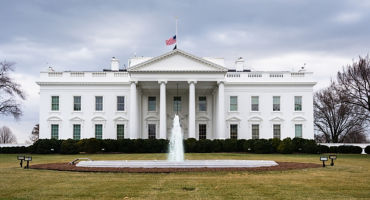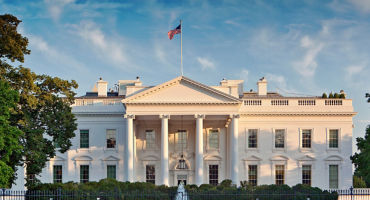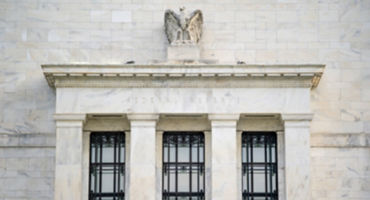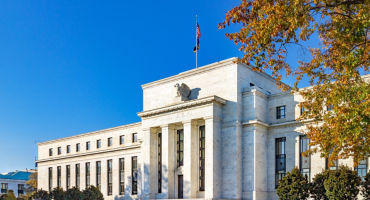The upcoming US election may prove to be one of the most consequential the markets have seen in decades. It is also unusually unpredictable. At this juncture, both candidates seem to have an equal chance of winning but there is a real potential for surprise events that could decisively change the fortunes of both parties.
A Trump presidency — particularly if Republicans also gained control of Congress — would imply more of a structural shift on trade and fiscal policy, with rate markets likely to be more directly impacted than any other major asset class. Due to the late-stage change in the Democratic ticket, we have less clarity on specific aspects of Kamala Harris’s policy agenda. In broad terms, we expect continuity with President Biden's agenda. However, where Harris veers to the left of Biden — for example, on proposals such as "price gouging" by food companies — detail is sparse.
For investors, the election’s most relevant implications are those related to trade and foreign policy, fiscal shifts and monetary policy, which are likely to affect inflation, rate expectations and the US dollar.
While there is a lot of uncertainty, and significant differences between the actual policies each candidate could put in place, we shouldn’t miss what is common: regardless of who wins, both candidates advocate domestic and international measures (from corporate subsidies to taxes to immigration) that challenge the status quo.
This is a challenging scenario for portfolio positioning. At the risk of oversimplification, there are two key facts that seem to characterise the election. First, this is an election that will bring material change — even with a Harris win — but the actual impact on markets is as yet hard to gauge. Second, the election is now essentially a toss-up, with a handful of swing states likely to drive the outcome.
These observations do help us, even if they appear at first to do the opposite. Regardless of the actual direction, we know change is volatile. What this suggests is that investors should position accordingly, both to take advantage of opportunities and protect on the downside.
How does this work in practice?
Taking a multi-asset perspective, the challenge is that the election results are likely to have a substantial impact on inflation and growth — the two key economic indicators markets are watching right now — and, in turn, on the Fed rate-cutting path, which has been, and in our view will continue to be, the most important driver of multi-asset returns over the next 12 months. Unfortunately, the two candidates are likely to have very opposite impacts on growth and inflation, making positioning from a macro perspective difficult. As such, relying on dynamics at the asset class level may be the best way forward. Delving deeper into the asset class level, I think it is important to revisit positioning and allow the necessary flexibility to manage risks, while at the same time being ready to take advantage of opportunities that emerge: a truly difficult balancing act. With that in mind, I asked three of our portfolio managers, across both fixed income and equities, to share how they are approaching this highly uncertain period.


























Markets in 2025: asleep at the wheel or in the driving seat?
Watch the conversation with Head of Macro Strategy John Butler as he discusses recent macro events and potential 2025 market outcomes for investors.
By